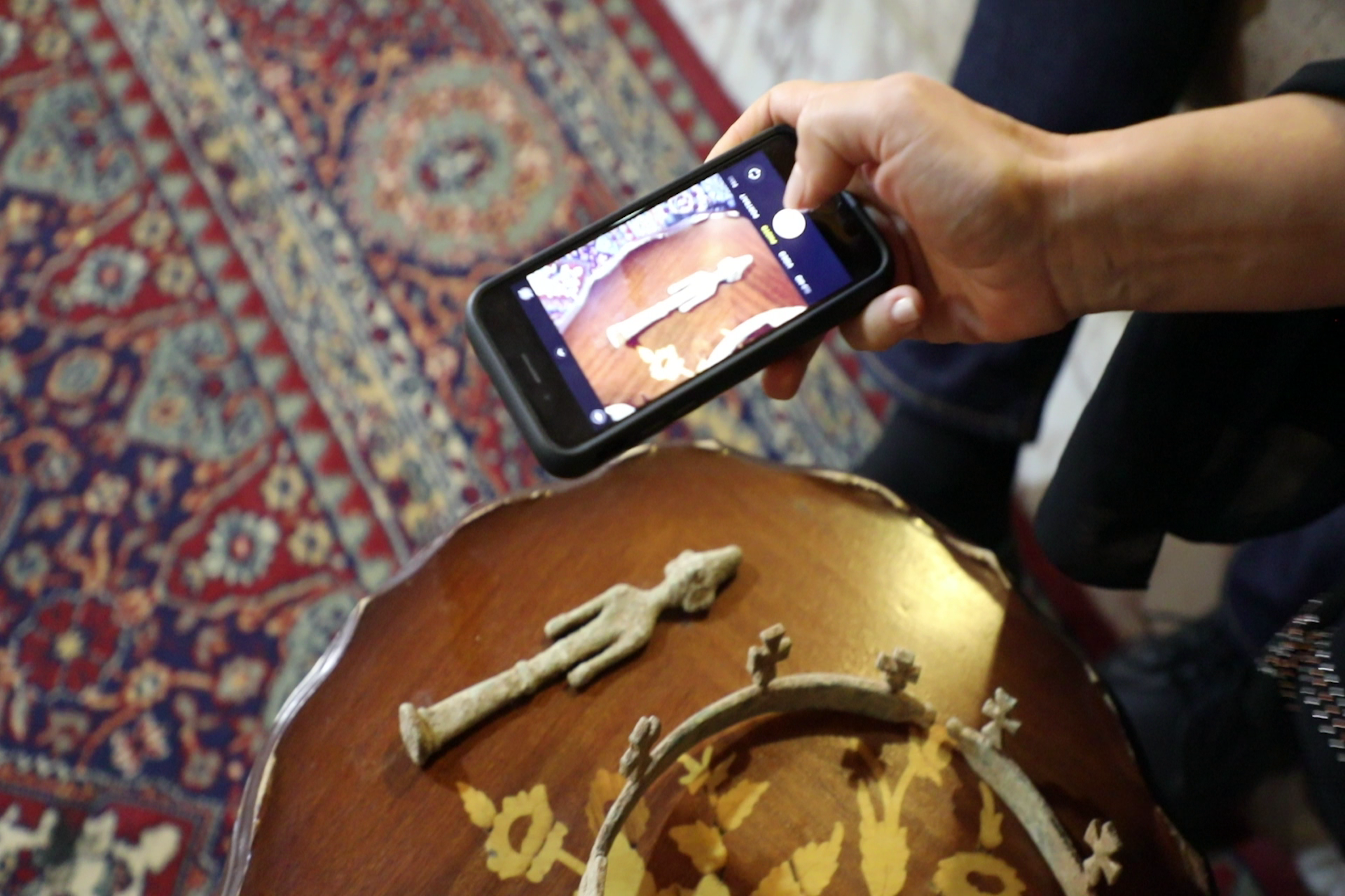Anti-Money laundering laws must fully apply to those involved in the antiquities trade, said The Docket, a Clooney Foundation for Justice Initiative, in a letter to the U.S. Financial Crimes Enforcement Network (FinCEN), an agency of the U.S. Department of the Treasury.
Through its investigations, The Docket has found that illicit trade in looted antiquities became a major source of financing for armed groups, enabling them to commit crimes against civilians and terrorist attacks abroad. In what would be a landmark move, the agency is currently drafting regulations to make the U.S. Bank Secrecy Act applicable to antiquities dealers in the United States, to stop exploitation of the antiquities market by money launderers and terrorist financiers.
The Docket’s letter is based on extensive research and documentation into the illicit trade of looted antiquities from the Middle East and North Africa region, and its role in financing conflict and armed groups who operate in the region, including ISIS. The Docket’s findings confirm the concern of U.S. authorities – the antiquities market involves a well-organized, transnational criminal network, from looters and smugglers in source countries, to intermediaries and dealers who deliver the illicit antiquities to United States and Europe.
“Antiquities will continue to be looted and trafficked so long as there is a largely unregulated international market where the dealers, brokers, and intermediaries operate with impunity,” said Anya Neistat, Legal Director of The Docket. “Stronger regulation through anti-money laundering laws is an essential step to stop the financing of war crimes and the destruction of culture enabled by the illicit antiquities trade.”
In its letter to FinCEN, The Docket shared its key findings and referred to specific cases where antiquities dealers and brokers appeared to have exploited loopholes in the existing regulatory systems to profit and avoid accountability. The Docket recommends that FinCEN:
- Make the regulations sufficiently broad to properly capture the networks of illicit trade in antiquities, and ensure that any exemptions are narrowly interpreted to prevent bad actors from exploiting them;
- Set stringent due diligence requirements and require the disclosure of information on the customer, including both buyer and seller;
- Harmonize the U.S. anti-money laundering regime with the existing set of due diligence requirements under European Union law to ensure consistency and facilitate cross-border cooperation in the fight against illicit trade in antiquities;
- Subject antiquities dealers to the existing suspicious activity reporting (SAR) mechanism, to facilitate investigations and prosecutions of those exploiting the antiquities market for money laundering and terrorism financing.
The full set of detailed recommendations can be found in The Docket’s comment letter.
The comment submitted by The Docket is publicly available and can be consulted on FinCEN’s website.
The Docket, an initiative of the Clooney Foundation for Justice, gathers evidence of international crimes to trigger prosecutions of perpetrators and support victims in their pursuit of justice.
For more information, please contact the media team at [email protected]
For more information on FinCEN: https://www.fincen.gov/about/mission
For more information on The Docket: https://cfj.org/project/the-docket/
For more information on The Clooney Foundation for Justice: https://cfj.org/

